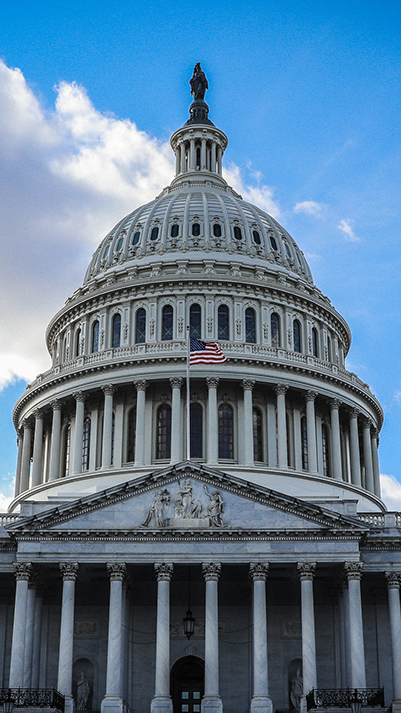Now that the Republicans have had their convention, more than one columnist is asking, “What big ideas do the Democrats have to offer?” John goodman has made some suggestions. Since liberals have basically exhausted any sensible good that can come from more regulation, his suggestions all involve deregulation –especially in areas that Democrats have shown a particular interest in – including housing, medical care, education and jobs. More.










